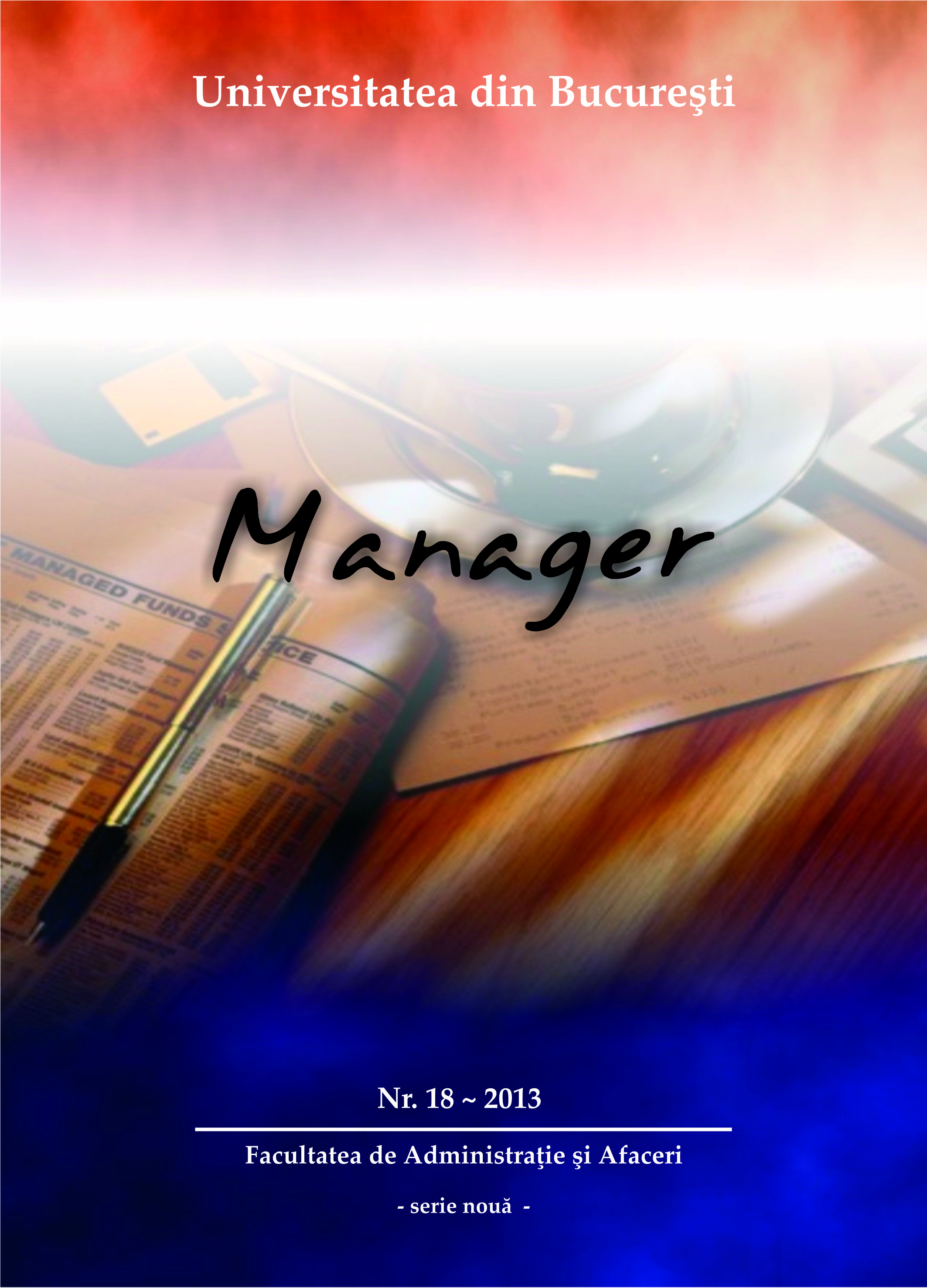Dynamics of Qualifications in Romanian Higher Education,1968-2010
Dynamics of Qualifications in Romanian Higher Education,1968-2010
Author(s): Bogdan Murgescu, Andrei Florin Sora Subject(s): Higher Education , History of Education, State/Government and Education, History of Communism, Post-Communist Transformation
Published by: Editura Universităţii din Bucureşti
Keywords: qualification; higher education; Romania; communism; post-communism; Bologna process;
Summary/Abstract: The study analyzes the evolution of study programs in the Romanian higher education in two very different institutional settings: during the communist regime, when the state controlled centrally the structure and contents of higher education, and during the post—communist liberalization and expansion of the number of institutions, students and study programs. The analysis investigates the legal foundations of establishing new qualifications, as well as the number and share of the various types of study programs. It allows to identify different phases during the two main historical periods. For example, during the last two decades of the communist rule, the number of study programs and qualifications increased significantly during the 1960 s and most of the 1970 s, and the,, contracted the late 1970 s to 1989. After the demise of communism, there was a massive expansion in the number of qualifications and study programs, especially in the context of establishing new institutions of higher education and liberalizing to a certain extent the procedures for proposing and implementing new study programs. This expansion was reversed after 2001, and the number of study programs fluctuated considerably up to the enforcement of file National Education Law 1/2011.
Journal: Manager
- Issue Year: 2013
- Issue No: 18
- Page Range: 30-39
- Page Count: 10
- Language: English

